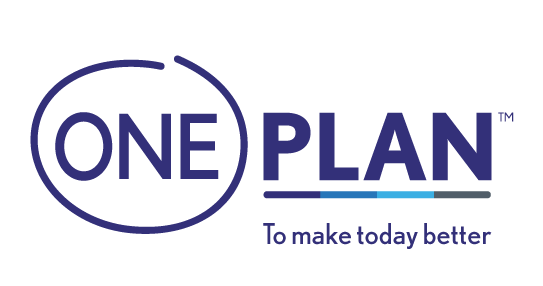When it comes time to sell your home, there are a number of costs you need to ensure you take into account. Your agent’s commission is only one of these costs.
When selling a house, there are a number of factors you have to take into account. Is it ready for the market? Are there any fixes or repairs you still need to make? What estate agent is the right fit for you and the sale?
You might think that the only cost associated with the sale of your home is the agent’s commission, but as it turns out, there are a number of other costs you need to budget for. Did you know that you will also be charged for the admin fees to cancel your existing bond account?
To make your life easier, we have put together the top 6 costs you need to know about BEFORE you sell your home.
The Cost of Selling a House
1. The admin fees for cancelling your existing bond
Even if you only have one repayment left on your bond account, you will still have to pay the fees of a cancellation attorney. This amount might cost roughly R5000. Keep in mind that different financial institutions will have their own set of rules and amounts they charge to cancel a bond. This means that you will need to ask your financial institution what you can anticipate paying.
Your financial institution might also require that you give a 60 or 90 day notice period, if not, they might charge penalty fees. To avoid any penalty fees, ensure you inform your financial institution that you are wanting to sell your home as soon as possible.
2. Home inspection costs
Although not all sellers decide to have a home inspection conducted, some prefer to have this done for them to be made aware of any existing issues in the home before placing it on the market. Depending on your service provider, this might cost roughly R4000 to have done.
Discover: 7 Tips for How to Spring Clean Your House in Half the Time
3. ECOC (Electrical Certificate of Compliance)
This certificate is only valid for a period of 2 years, which means that if yours has expired or you have made any electrical alterations to your home, you will need to get a new one. This certificate is issued after a licensed electrician has inspected the wiring in your home. If there are no faults detected, the cost of this might range between R500 to R1000.
Of course, this will also depend on the electrician you choose, their callout fee, and the size of your home. Electricity isn’t the only thing you need to have checked out, you will need to get a number of compliance certificates for plumbing, gas, electric fence and beetle. Have a look at this article to find out exactly what certificates you need.
Keep in mind that if any faults are found during inspections, you will need to take the repair costs of fixing these issues into account.
4. Rates and taxes clearance certificate
Before the transfer for your home can go through, you will need to get a rates and taxes clearance certificate from your local municipality. This ensures that the rates and taxes will continue to be paid while the process of registration takes place.
5. Levies
If your home is in an estate or is a sectional title property, then your body corporate or the homeowners’ association might request that you pay your levies for a couple of months in advance to ensure the costs are paid for while the transfer takes place.
Read: 6 Tips to Pick the Best Household Contents Insurance for You
6. Tenant deposit
If you are selling a house you were renting to a tenant, keep in mind that you will need to repay your tenant’s deposit with interest. It’s advised that you also budget for any possible repairs needed after your tenant moves out.
The bottom line
Knowing the costs involved in the sale of a property will give you a good idea of what you can expect to have in your back pocket when the sale is complete.
Don’t forget to also let your home insurance provider know about any changes to your address and home so that your policy can be updated. Head’s up – if you move to a safer neighbourhood and your home has better security, then you might end up paying less for your monthly premium.
Which is why you need to ensure you let your household insurance company know all the details of your new home, change of address, security, and any other features you can think of.
Your Insurance Family,
Oneplan




